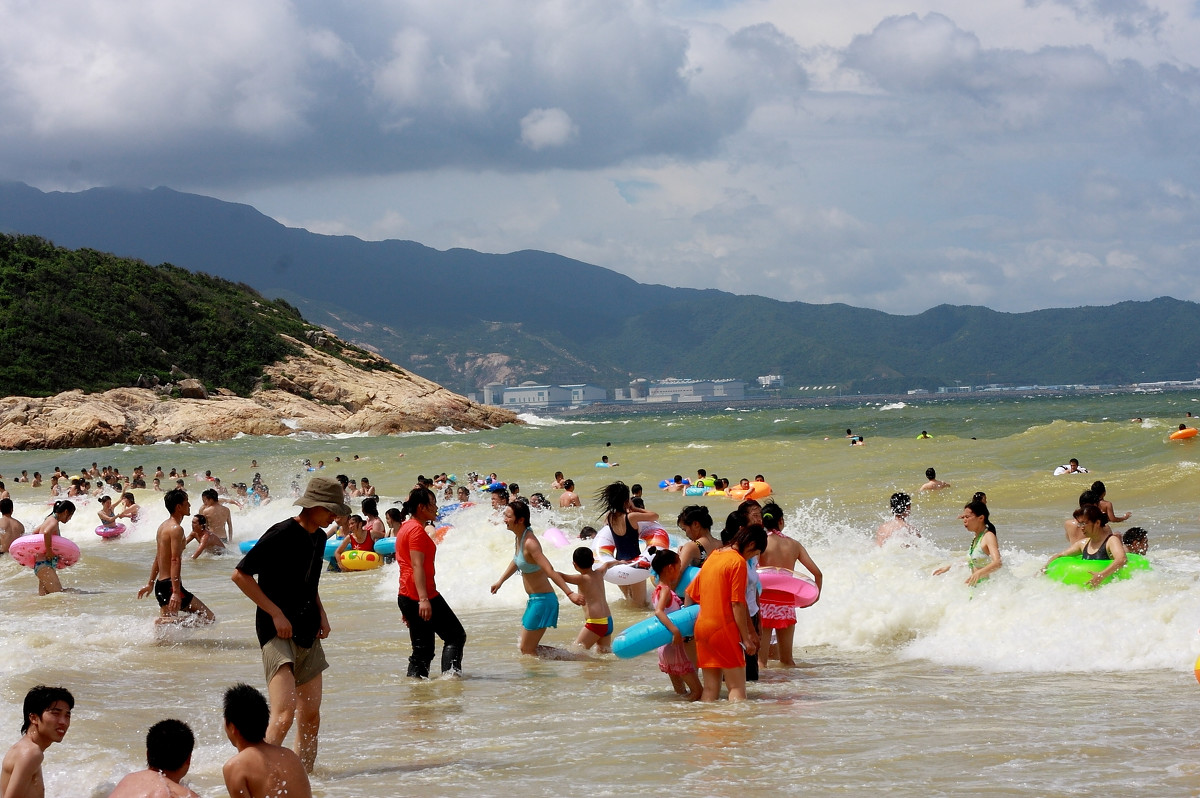- Home
- Hearing Loss
- Hearing Aid Use And Care
Protect Your Ears While Swimming to Avoid Hearing Loss
2020-06-23If your ears have ever been clogged with water after a dip in the ocean or pool, you know how frustrating it is when you’re still feeling the effects days later. This condition is the result of a bacterial infection called acute otitis externa (more commonly known as swimmer’s ear) and is often harmless, but it can have consequences for your hearing health if left untreated.

Swimmer’s ear and your hearing
Swimmer’s ear can develop after spending time in any body of water, but it is especially common in the untreated water found in lakes, rivers, and oceans, or in hot tubs. Because of the higher levels of bacteria in these areas, water trapped in the ear is more likely to lead to a painful skin infection, as the inner ear is the perfect breeding ground for fungi or bacteria to grow. Irritating the skin with certain hair products is also known to worsen the condition when an infection is present.
When this condition spreads, it can do damage to more than just the ear. Many people with swimmer’s ear also experience ear pain and pressure, slight redness of the skin, pus or fluid drainage, fever, and swollen lymph nodes. In more severe cases, a temporary or permanent hearing loss can occur when the sensitive organs of the inner ear are compromised and the infection spreads to the brain and base of the skull.
It’s not hard to imagine why this is the case. The inner ear is filled with thousands of tiny hair cells that register sound qualities, and these hearing nerve cells are very fragile and cannot regenerate. When an infection damages them, a small part of your hearing is lost forever. For this reason, it is important to consult a hearing care professional for any ear-related concerns as soon as symptoms arise to prevent a minor case of swimmer’s ear from becoming a hearing loss emergency.

When to seek help
There are a few ways to tell if your inner ear may be infected because of trapped water. If your ear itches or hurts while chewing or when the earlobe is tugged, or if your hearing seems quieter or more muffled than usual because of a clogged sensation, you should seek help immediately. After examining your ear with an otoscope, your hearing care professional will likely prescribe an antibiotic and/or antifungal eardrop. Patients are also usually advised to avoid swimming and flying to allow the ear to heal. If properly treated, swimmer’s ear should disappear in less than 14 days.
How to prevent swimmer’s ear
Fortunately, there are many things you can do to keep your ears safe no matter where you decide to take a swim. Your hearing care professional can recommend earplugs or custom molded ear protection to block water from entering the ear canal.
Before stepping into a pool, make sure the water is filtered or chlorinated so you can avoid high levels of bacteria. If you are swimming in a natural body of water, avoid stagnant areas and see if the water’s sanitation levels are publicly available ahead of time.
After a swim, you may want to attempt to drain water from your ears at home. The safest ways to do this are to lay your head on its side, chew or yawn to pop your ears and release pressure, or apply a warm compress or steam to your ear. While some people recommend using a blow dryer to evaporate the water, the loud noise of the appliance could do further damage to your hearing and should be avoided.

Find a professional
If you or a loved one has been complaining of ear pain or sudden hearing loss after spending time in the water, don’t wait. Use our online locator to find a hearing care professional in your area who can perform a hearing test and provide treatment to prevent this condition from worsening.
Latest
- 4 Essential Communication Rules for Family Members of Hearing Aid Users
- Hearing Aid "Break-In Period": Say Goodbye to Discomfort, Hello to Clear Sound
- The ultimate guide on how to choose hearing aids for seniors
- In addition to performance, how do parents choose children's hearing aids?
- Hearing Care Professional: How Do You Maintain Your Hearing Aids Regularly?
Hearing Aid Use And Care













All 0 comments